Description
This book offers a neurodiversity-affirming speech, language and communication therapy, with accessible strategies that nurture new skills by embracing the characteristics and behaviours that are core to each individual child.
Therapy that is truly inclusive needs to be more than just setting language targets and getting children to tick boxes. Supporting Children’s Communication The Play Way puts forward a holistic, child-centred therapy that takes into account each child’s emotional wellbeing, focus and regulation, allowing for a meaningful connection during each session. The author offers guidance on understanding behaviour, supporting regulation and identifying different play patterns, combining theory with everyday examples to create practical strategies that will easily translate into the daily lives of parents, teachers, therapists and support staff.
The book includes accessible information on both language and play development, and how this can be used to create child therapy ideas that nurture new skills in a safe environment, encouraging all children to reach their full potential. By discovering each child’s play passions, the reader is shown how these can be incorporated into a neurodiverse-affirming therapy that regulates the nervous system, allowing learning to occur within a happy brain. Aimed at teachers, therapists and support staff in early years childcare settings and schools, as well as parents and carers looking for accessible strategies to support their child at home, this book supports the reader to develop an understanding of neurodiversity and a compassion for difference.
Author
Lisa Welch is a paediatric Speech, Language and Communication Therapist, with over 15 years’ experience working with children and their families. She has spent time working both privately and for the NHS, supporting communication skills in homes, nurseries, schools and clinic settings. At the centre of her therapy is a play-based, connection centred approach to support children; using their play passions to support their communication needs. Her experience has found that this not only nurtures progress but ensures children feel safe and regulated, allowing them to find joy in communication and thrive. Lisa was diagnosed as ADHD in her mid-30s and has two neurodivergent children. This further fuels her passion for finding affirming and supportive strategies for children and their families, celebrating and unmasking differences, and finding inclusive ways to encourage progress within settings. She runs the Instagram account @Peachy_Speech, where she shares her neurodiversity-affirming therapy ideas, her own ADHD journey of discovery and how she supports her own neurodiverse household. Her work focuses on connection – not perfection – when setting up play opportunities or daily strategies that nurture new skills.
Details
Publisher: Pavilion Publishing and Media Ltd
ISBN: 9781803883830
Publication date: 2nd April 2025
Pages: 220
Content
Prologue
Chapter 1: Seeing the whole child…
Chapter 2: Regulation
Chapter 3: Communication pyramid
Chapter 4: Language strategies to layer into your play and your day
Chapter 5: Play patterns
Chapter 6: Sensory play
Chapter 7: Total communication and supporting progress
Chapter 8: Using play to support other skills
Chapter 9: Neurodiversity-affirming considerations
Chapter 10: Strategies for transitions
Chapter 11: Supporting progress without overwhelm
Chapter 12: Bringing play and communication into the classroom
Chapter 13: Outdated advice for play and communication therapy
Chapter 14: Ready to play – therapy ideas
Epilogue/Conclusion

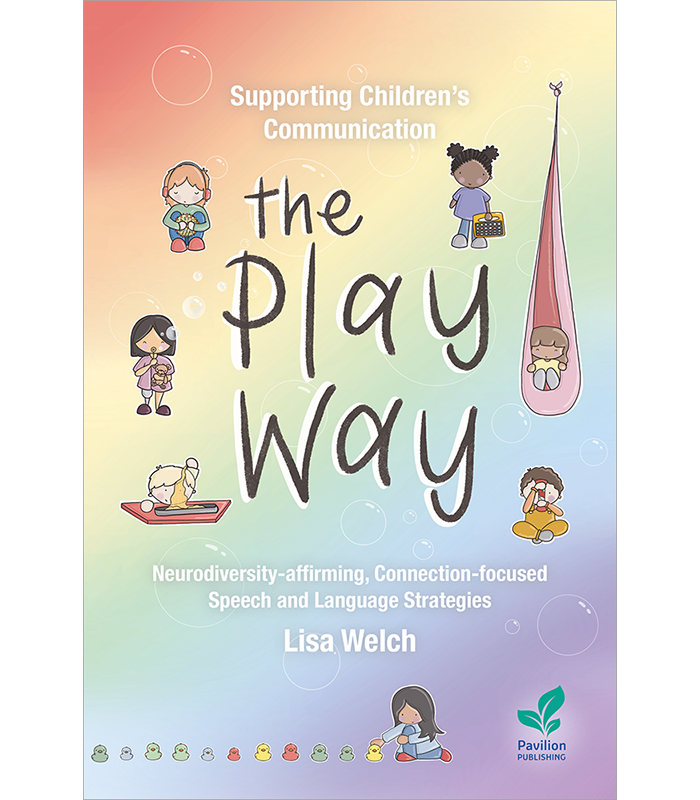
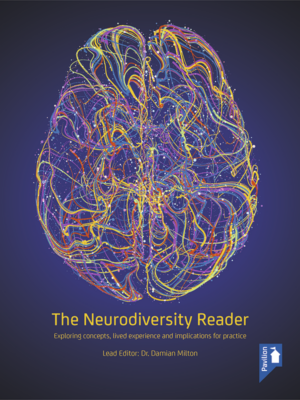
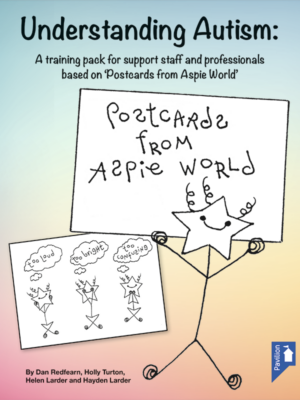
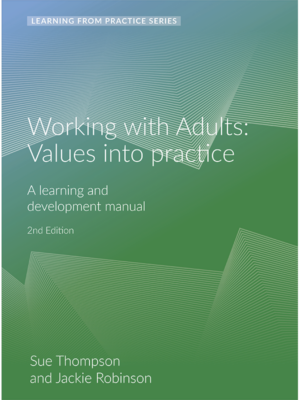

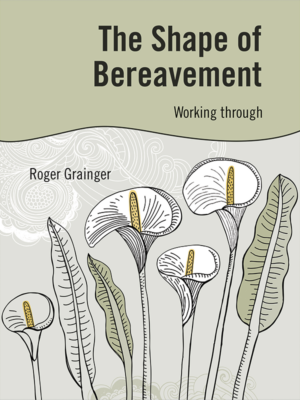


Reviews
There are no reviews yet.